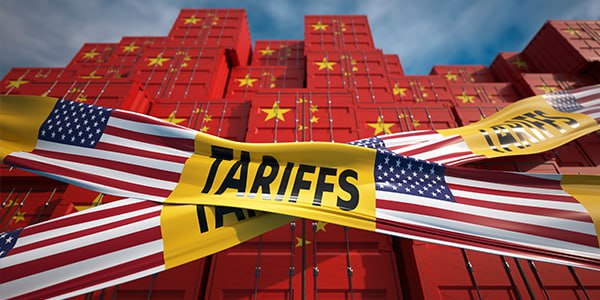close
m
a
s
t
e
r
_
e
d
g
e
_
t
r
u
s
t
- [email protected]
-
16475576801

